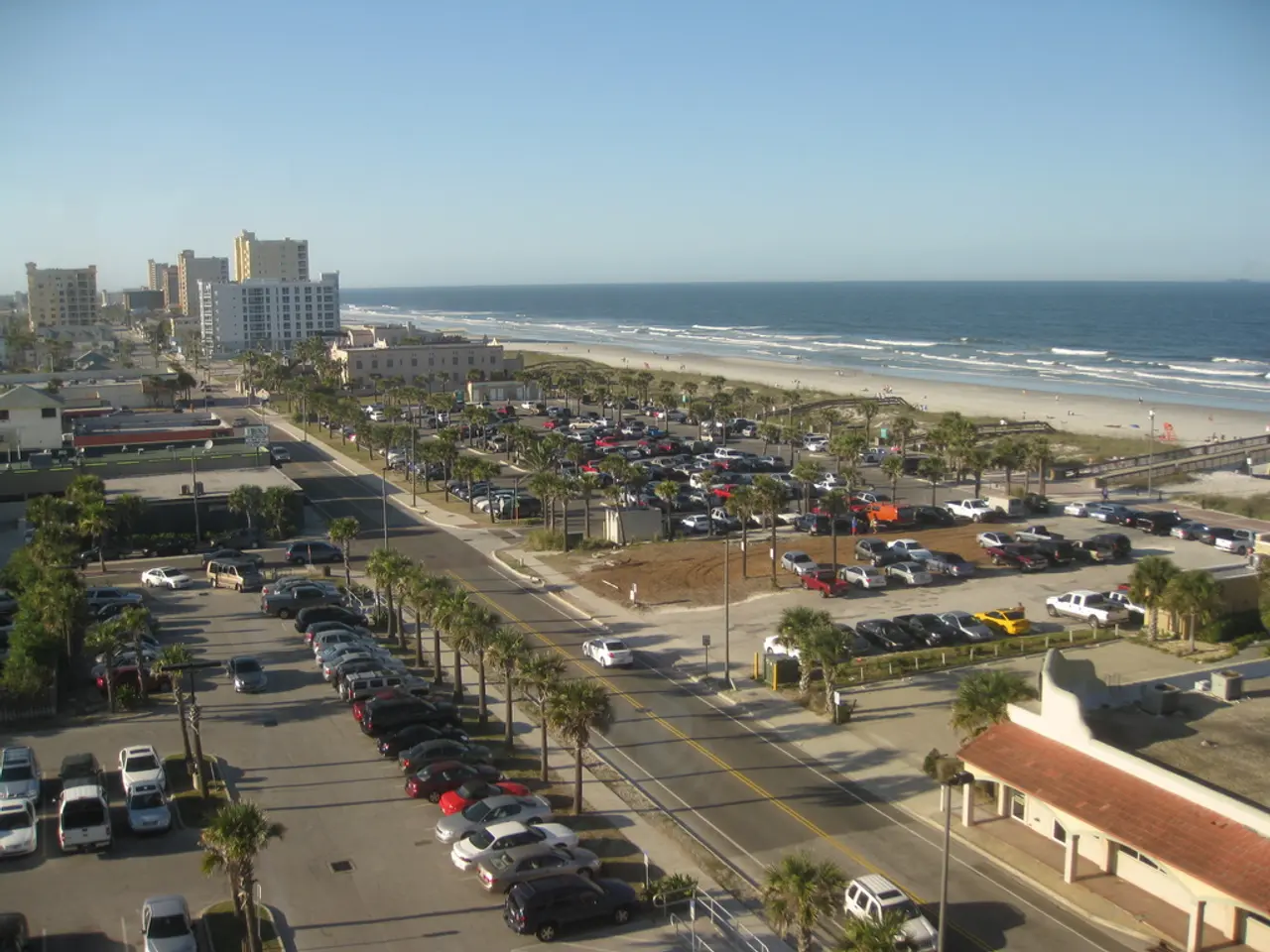Europe Moves to Reduce U.S. Data Reliance and Attract Researchers
European nations and institutions are taking steps to reduce their dependence on U.S. data systems and attract U.S. researchers. This comes amidst significant disruptions in American research institutions, including substantial funding cuts and facility closures.
Seven European countries - Denmark, Finland, Germany, the Netherlands, Norway, Spain, and Sweden - are conducting national reviews to secure their data and reduce reliance on U.S. systems. Meanwhile, Spain has bolstered its ATRAE programme with €45 million to lure established researchers, particularly from the U.S., and doubled the scale of its Ramón y Cajal scheme for younger researchers.
The European Commission is set to introduce the European Research Area Act, aiming to facilitate scientific mobility within the EU and streamline administrative processes. It has also launched a €500 million programme, 'Choose Europe for Science', to attract displaced U.S. researchers to the continent. This initiative offers seven-year 'super grants' and plans to double existing relocation support for researchers, especially those from the U.S.
The EU's goal is to become a leader in priority technologies such as AI, quantum, space, semiconductors, and digital health by attracting global research talent. To achieve this, it is investing in domestic capabilities to independently monitor oceans and climate systems, aiming to 'mirror and possibly replace' U.S.-based services.
European governments are accelerating efforts to attract U.S. scientists affected by political decisions and budget cuts. The EU's 'Choose Europe for Science' programme, along with other initiatives like Spain's ATRAE programme and the Ramón y Cajal Scholarship, is designed to provide support and opportunities for these researchers. The EU aims to strengthen its scientific independence and global competitiveness through these measures.
Read also:
- Overcoming Yielding Regulations Hurdles in Indian Export Sector for EU Markets
- Palisades Fire Threatens UCLA Neighborhoods, Resident Proposes Rezoning
- Maximizing Business Agility and Efficiency through Hybrid Cloud: Unveiling the Advantages
- Shaping production and consumption tendencies via cosmetic certification






